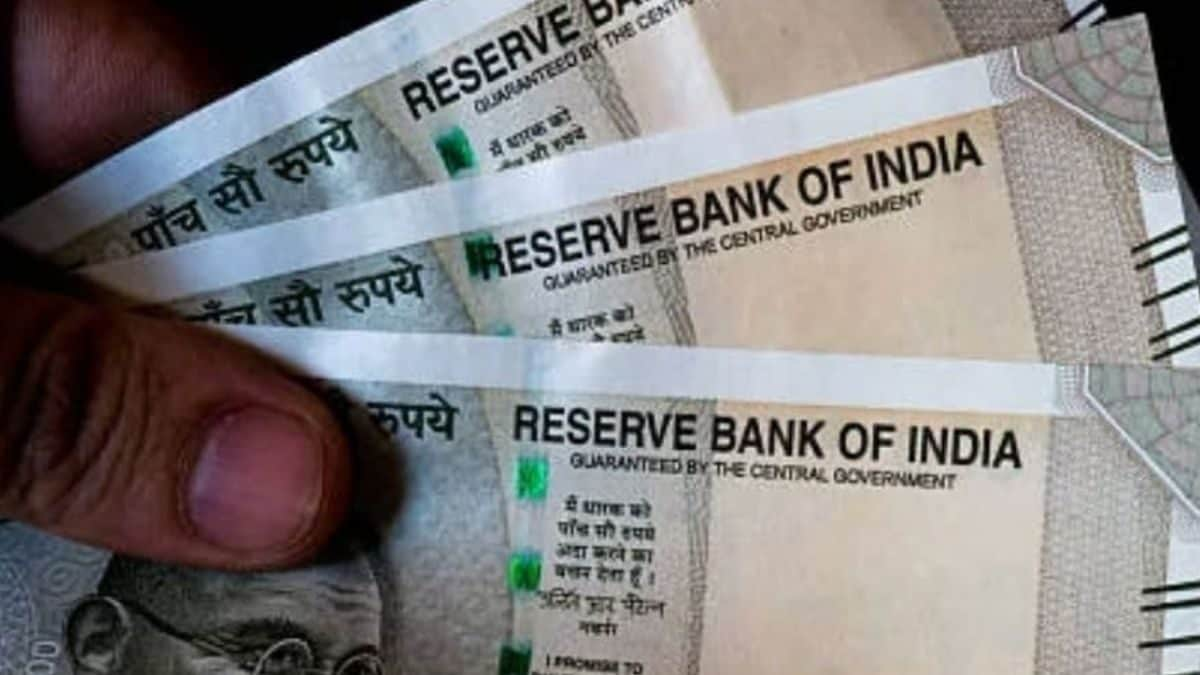Foreign portfolio investors (FPIs) have shown a cautious approach towards Indian equities in recent months, with investments declining significantly in August 2024. The decrease in investment can be attributed to several factors, including high market valuations, the unwinding of the Yen carry trade, and concerns about global economic growth. While FPIs are expected to remain interested in India’s market, their investment decisions will depend on a combination of domestic and global factors.
High Valuations Dampen FPI Enthusiasm
The Indian stock market, currently trading at above 20 times estimated FY25 earnings, is considered the most expensive market globally. This high valuation has led FPIs to prioritize investments in cheaper markets, causing them to shift their focus away from India. FPIs see opportunities in markets where valuations are more attractive, offering better potential returns on their investments.
A Shift in Investment Strategies
FPIs, seeking lower valuations, have been active in the primary market, where new share offerings are made, instead of the secondary market. This strategy allows them to capitalize on potentially undervalued companies at an earlier stage.
Unwinding Yen Carry Trade Exacerbates Market Volatility
The unwinding of the Yen carry trade, a strategy where investors borrow Yen at low interest rates and invest in higher-yielding currencies like the Indian Rupee, contributed to a decline in Indian equities. The unwinding occurred on August 24, 2024, when the Bank of Japan increased interest rates. This led to a significant selloff in Indian stocks, as investors unwound their positions.
Recession Concerns and Disappointing Economic Data Amplify Uncertainty
The unwinding of the Yen carry trade coincided with growing fears of a recession in the United States and disappointing economic data, adding to the market volatility. The global economic outlook continues to be uncertain, impacting investor sentiment and contributing to a cautious approach towards riskier assets like equities.
Debt Markets Continue to Attract FPI Interest
Despite the decline in equity investments, FPIs remain interested in the Indian debt market. The inclusion of India in global bond indices, attractive interest rates, stable economic growth, and favorable long-term outlook have contributed to their ongoing investments in debt.
Key Factors Driving Debt Investment
Several factors contribute to the attractive nature of the Indian debt market for FPIs, including:
- Inclusion in Global Bond Indices: India’s inclusion in global bond indices has attracted considerable investment flows, boosting liquidity and increasing the market’s appeal to international investors.
- Attractive Interest Rates: India offers competitive interest rates, especially when compared to other developed markets, making debt securities more appealing.
- Stable Economic Growth: India’s consistent economic growth provides stability and confidence to investors seeking stable returns.
- Favorable Long-Term Outlook: India’s long-term growth potential, driven by a large population, increasing urbanization, and digitalization, attracts investors seeking long-term investments.
- Indian Rupee Stability: The Indian Rupee’s stability over the year has provided reassurance to FPIs, further encouraging them to invest in Indian debt securities.
Takeaways
- High market valuations and global economic uncertainty are major factors impacting FPI investments in Indian equities.
- The unwinding of the Yen carry trade further contributed to the decline in equity investments.
- Despite the cautious approach toward equities, FPIs remain invested in the debt market due to attractive features like index inclusion, attractive interest rates, and stable economic growth.
- The future of FPI investment in India depends on a combination of domestic and global factors, including economic data, political stability, and global interest rates.
- FPIs will continue to monitor global economic conditions and evaluate their strategies accordingly.




